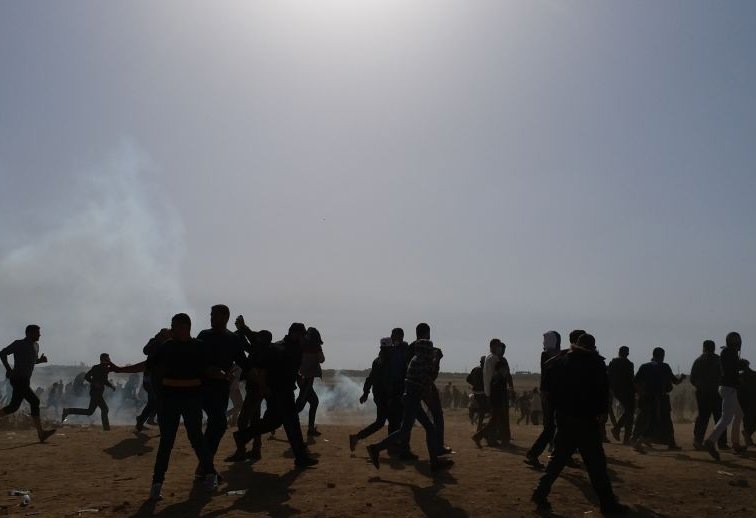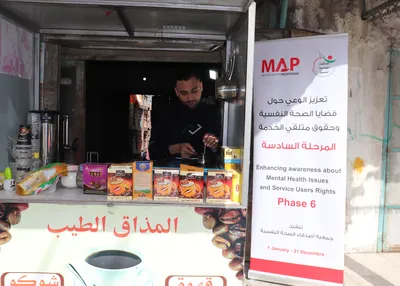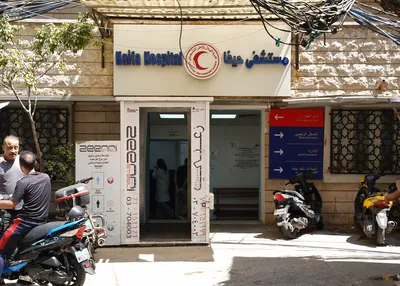MAP raises concerns over mental health impact of violence against Gaza protesters

A high number of casualties were once again reported on the fifth Friday of the Great March of Return protest in Gaza. According to the Ministry of Health, three people were killed by Israeli security forces, and 883 injured, including 58 children. Of the injured, 456 were referred to hospital, 174 of which had suffered gunshot wounds. Medical Aid for Palestinians (MAP) continues to be horrified by Israel’s use of force against protesters.
The health effects of current events in Gaza must be understood not just in terms of the physical injuries caused, but also the mental health impact on those exposed to traumatic violence, many of them not for the first time. As the occupying power, Israel has an international legal obligation to respect, protect and progressively realise the right to health – including mental health – for the Palestinian population under its control.
The protests are occurring in a context of perpetual insecurity, restricted rights, and lack of access to basic resources that characterise life under Israel’s 11-year blockade and 51-year military occupation, as MAP reported in our Health Under Occupation report, released last year.
The unemployment rate is the highest in the world at 42%, 80% of people are dependent on some form of aid, and nearly 40% live below the poverty line. Residents have experienced three major military offensives in the last decade which have destroyed homes and taken lives. Gaza’s healthcare system is on the verge of collapse, and access to treatment outside severely restricted.
Speaking to MAP this week, Dr Yasser Abu Jamei, Director of the Gaza Community Mental Health Programme (GCMHP), underlined the burden this places on the mental health of Gaza’s population: “The population in Gaza feels suffocated, beyond suffocation the mental health situation in Gaza is one that can be described as heavy with despair, feelings of frustration, and loss of hope.”
Dr Abu Jamei also remarked that the conditions of perpetual displacement felt by the two thirds of Gaza’s population who are refugees has specifically impacted their quality of life: “Their lived reality of transforming from producers, land owners, to renters and people dependent on aid or the UN coupon for flour and oil has transformed refugee populations from producers to consumers and dependents.” The demand of Palestinian refugees to be allowed to return to the homes they were displaced from in 1948 – a right enshrined in international law – is central to the protests which began on 30 March and are planned to continue until the 70th anniversary of the Nakba on 15 May.
Dr Abu Jamei reports that GCMHP have “observed some children we have been working with that have had PTSD … are currently relapsing because the external environment does not aid their healing and treatment. Since these children remain in the same environment, exposed to these same levels of trauma triggers, then they will surely relapse.” Frequent exposure to shocking violence, including the sort resulting from Israel’s current use of force against protesters, means that there is no ‘post’ to Post Traumatic Stress Disorder in Gaza.
Halting the current violence and ending long-term violations of Palestinians’ rights including the collective punishment of Israel’s closure and blockade, are essential to bolstering mental health and quality of life in Gaza. MAP repeats its call to the UK Government and the international community to ensure international law is stringently adhered to in the occupied Palestinian territory and, where violated, accountability is enforced.
Related content


